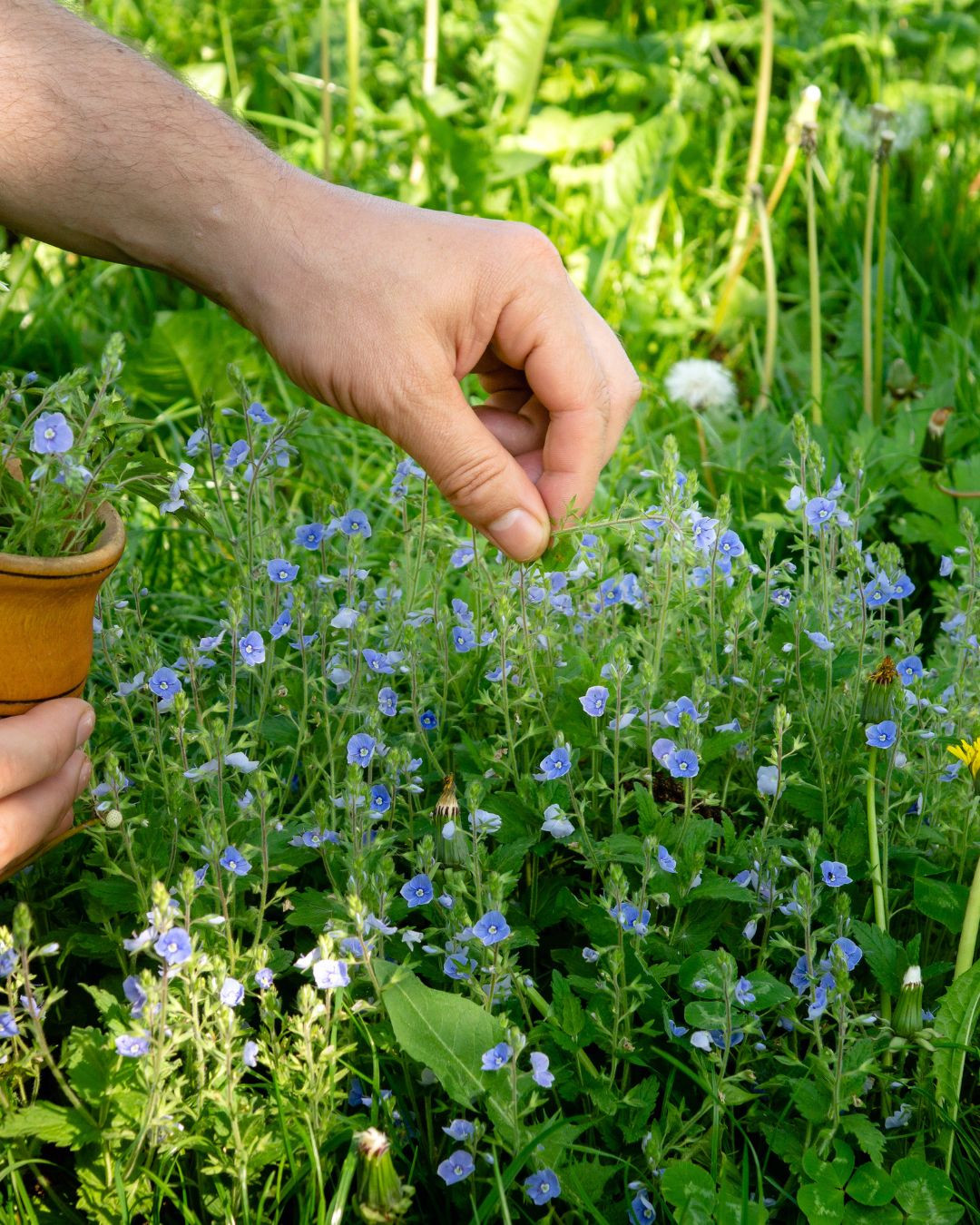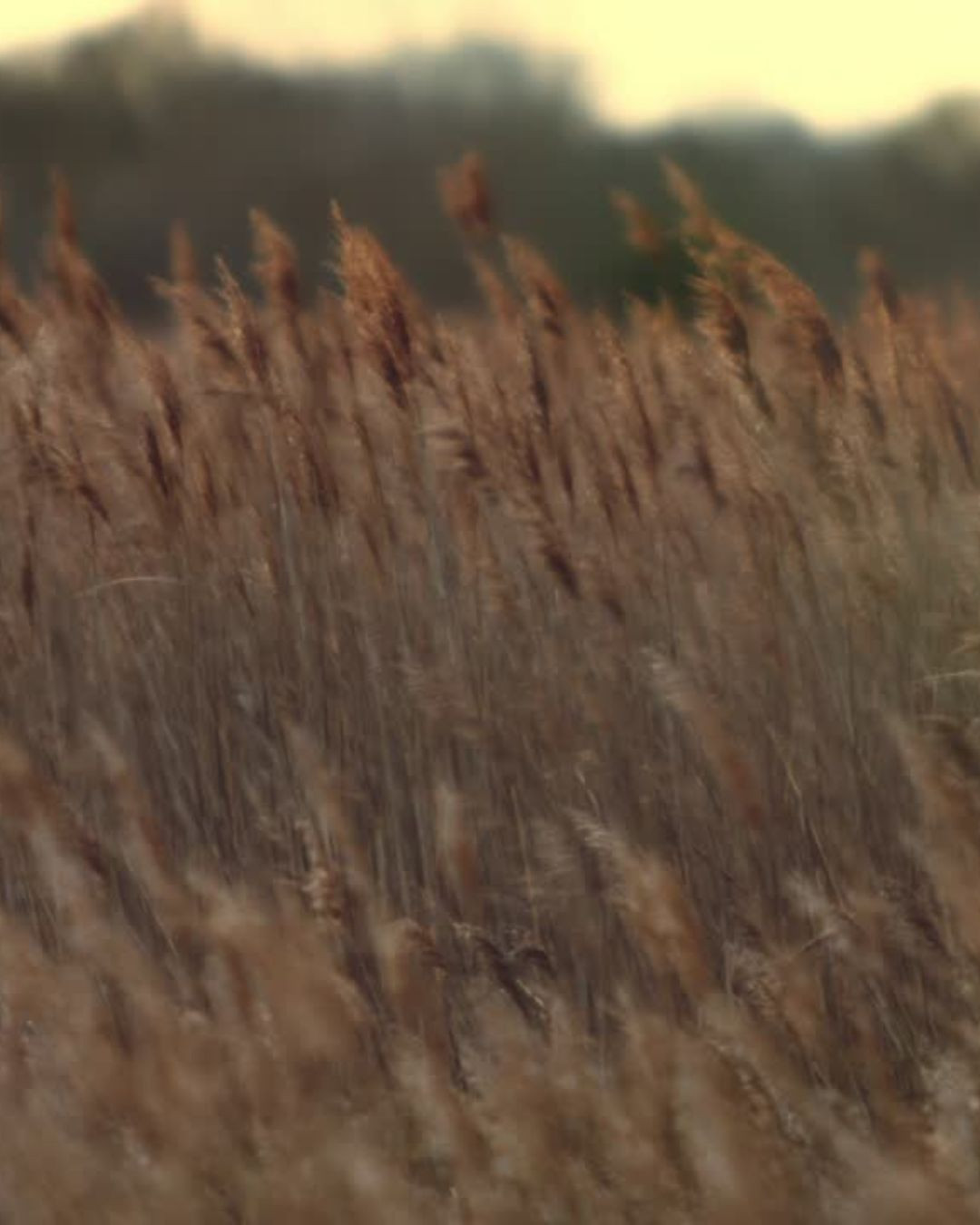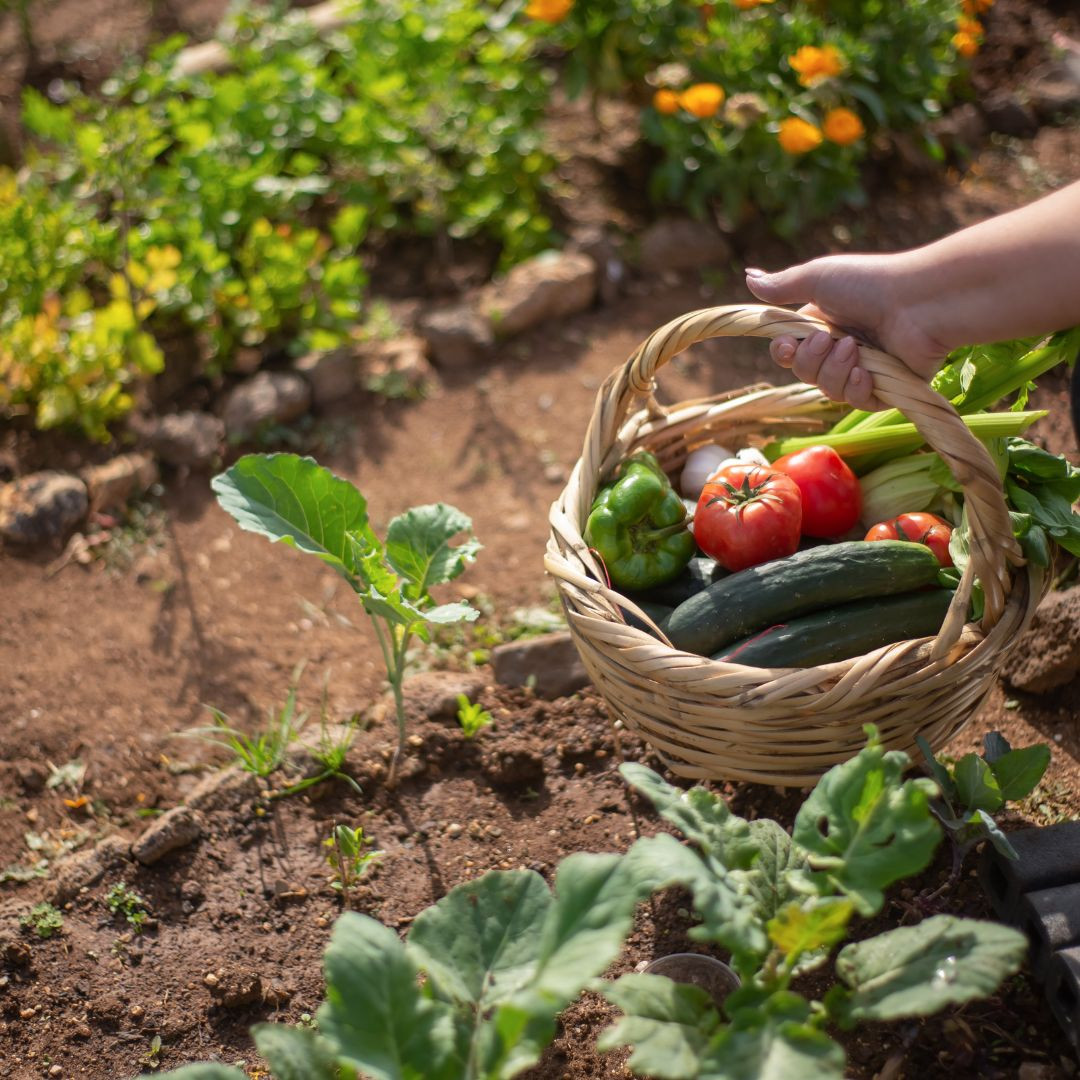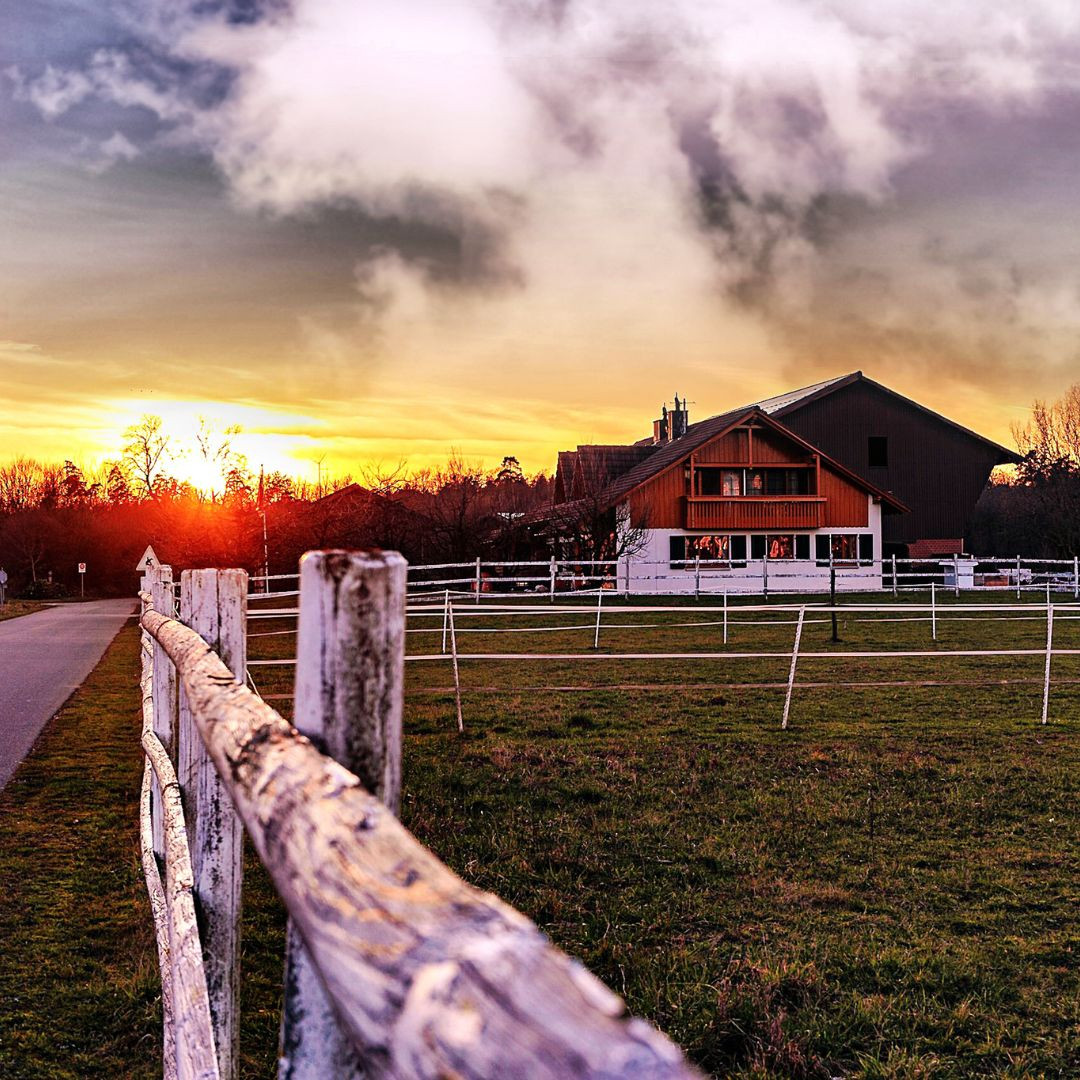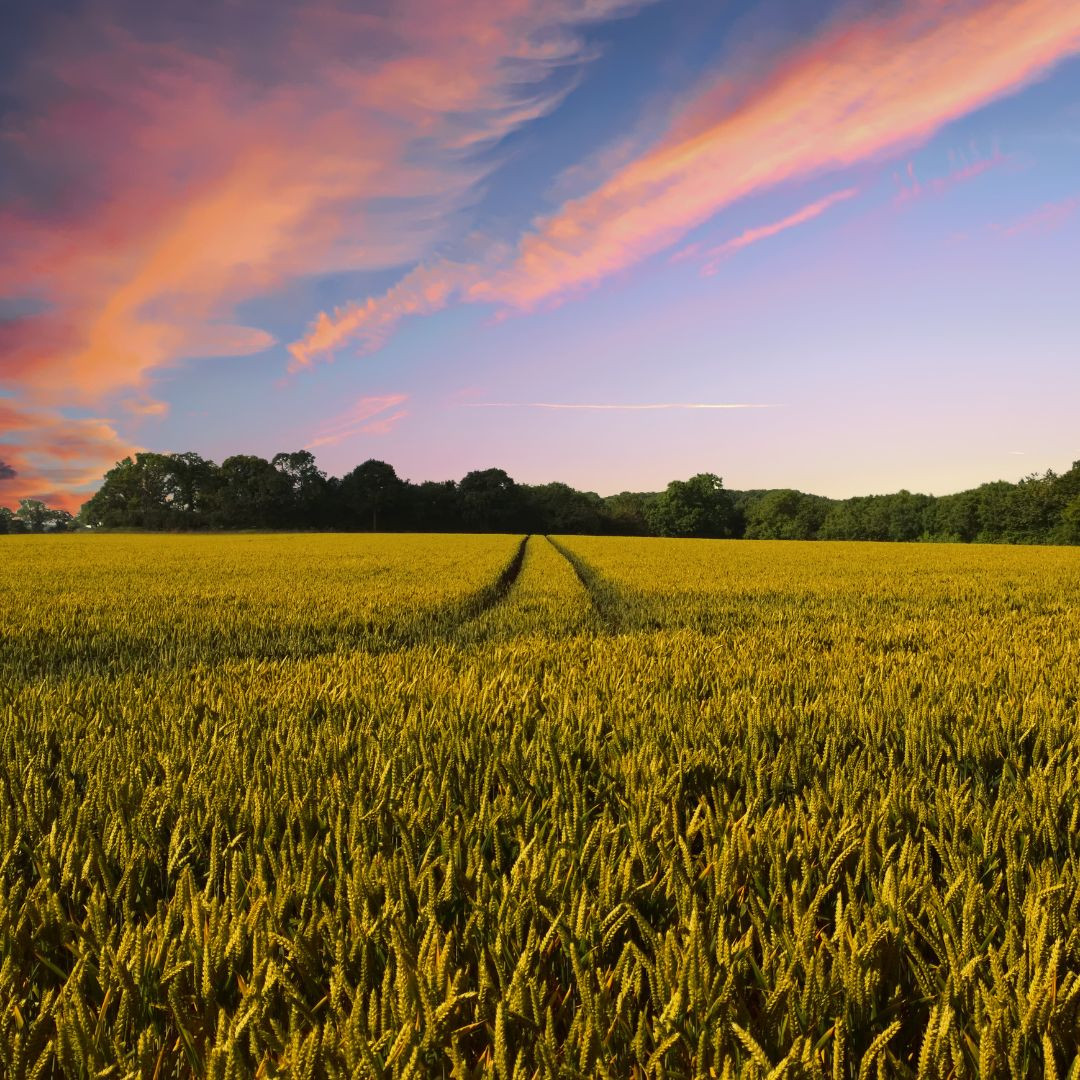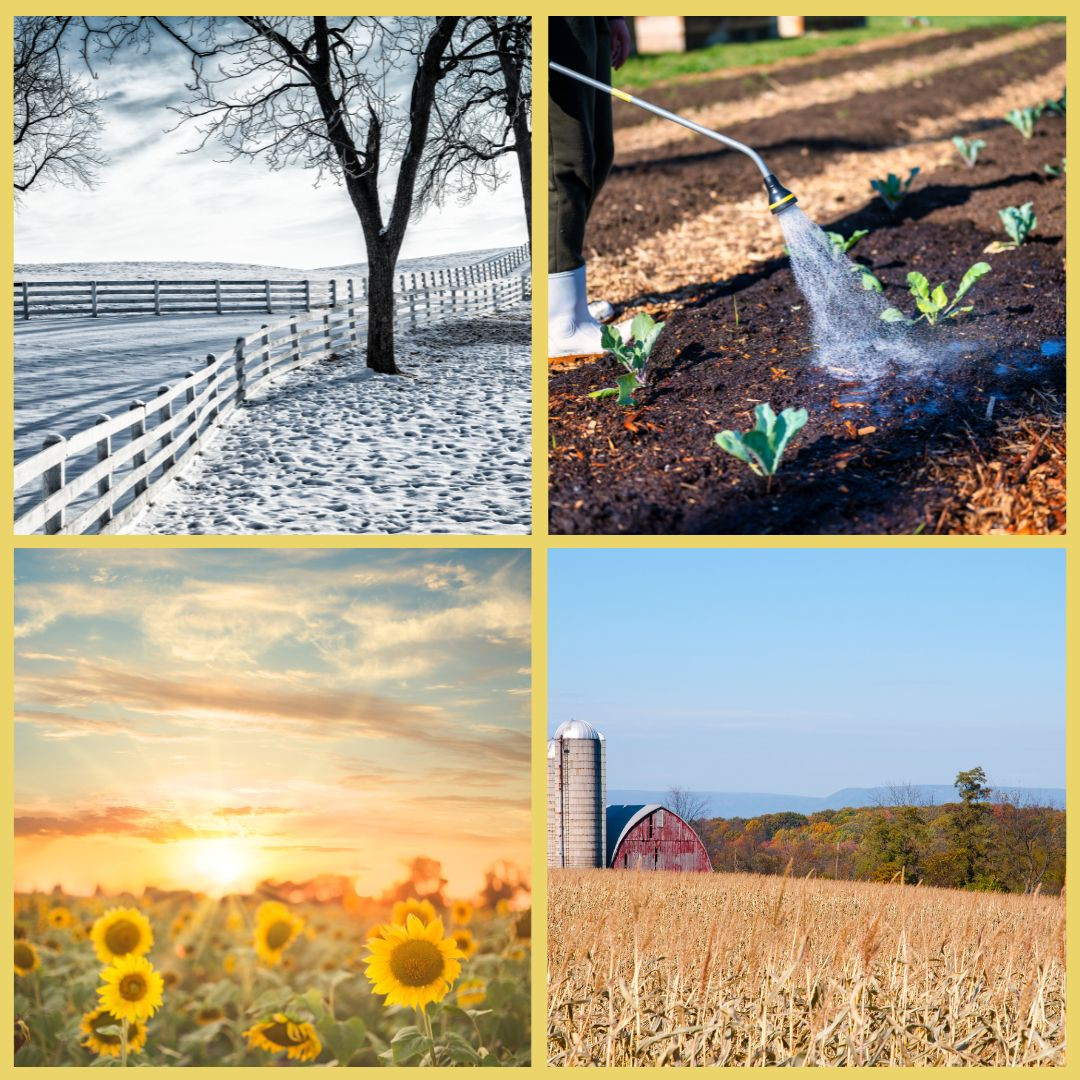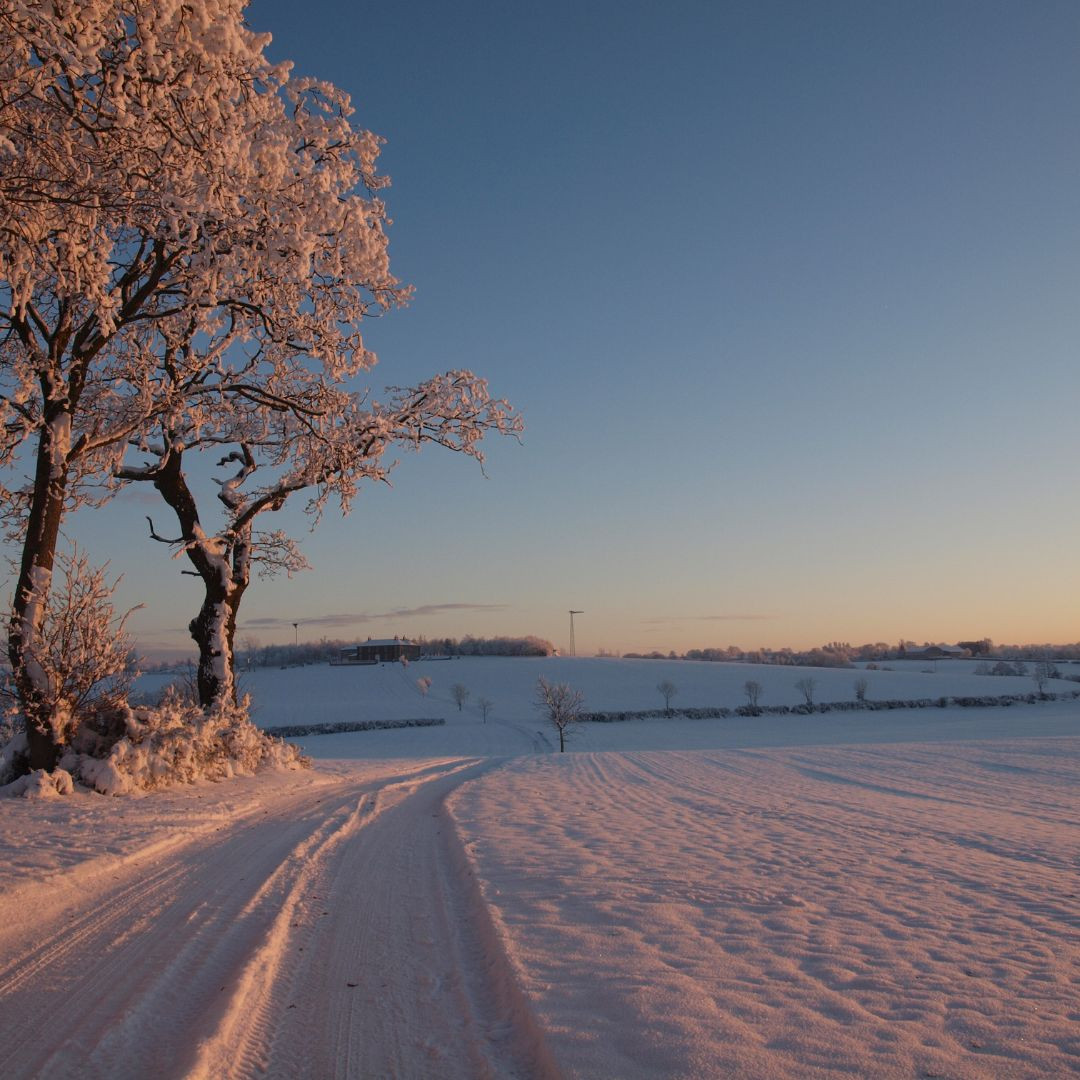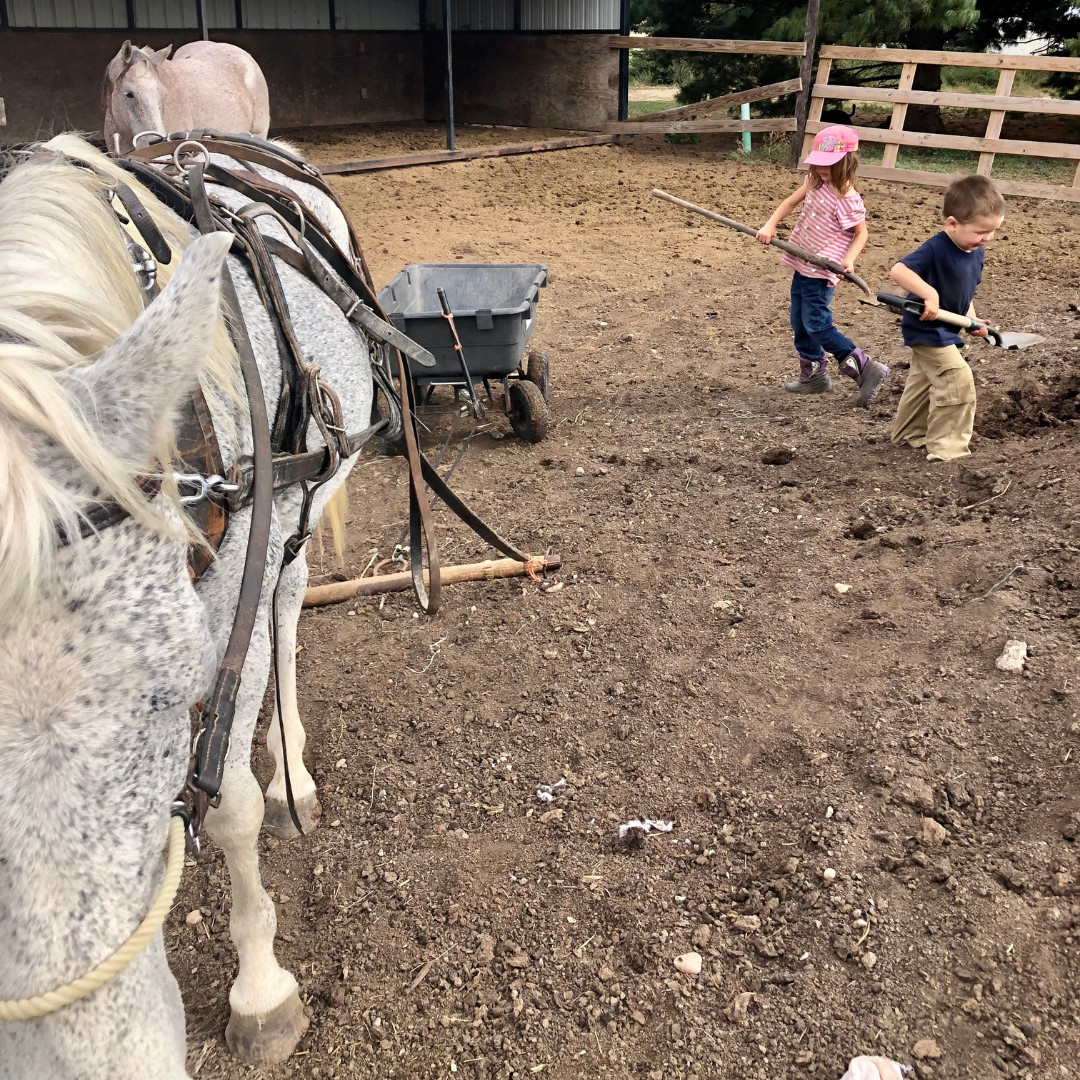
Expense | Income | |||||
One time | Cost | Life span | Per Year cost | |||
Horse | 5 | |||||
Barn/Run in | 20 | |||||
Waterer | 5 | |||||
Feeder | 5 | |||||
Mucking supplies | 5 | |||||
Yearly | ||||||
Hay | 1 | Manure for compost/fertilizer | ||||
Grain | 1 | Exercise | ||||
Therapy | ||||||
Work | ||||||
Total | ||||||
Join the FREE Community
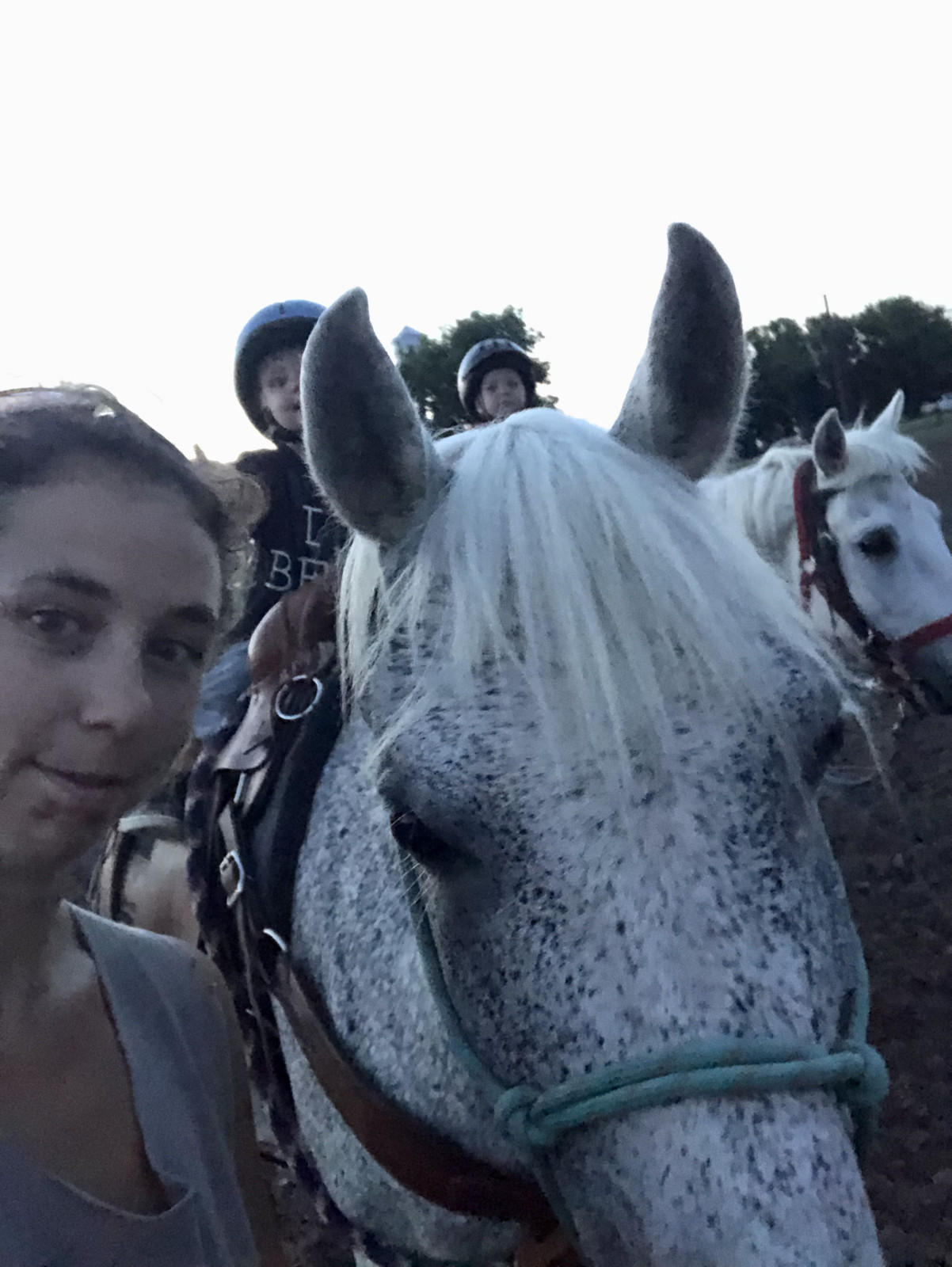
Join the FREE Community
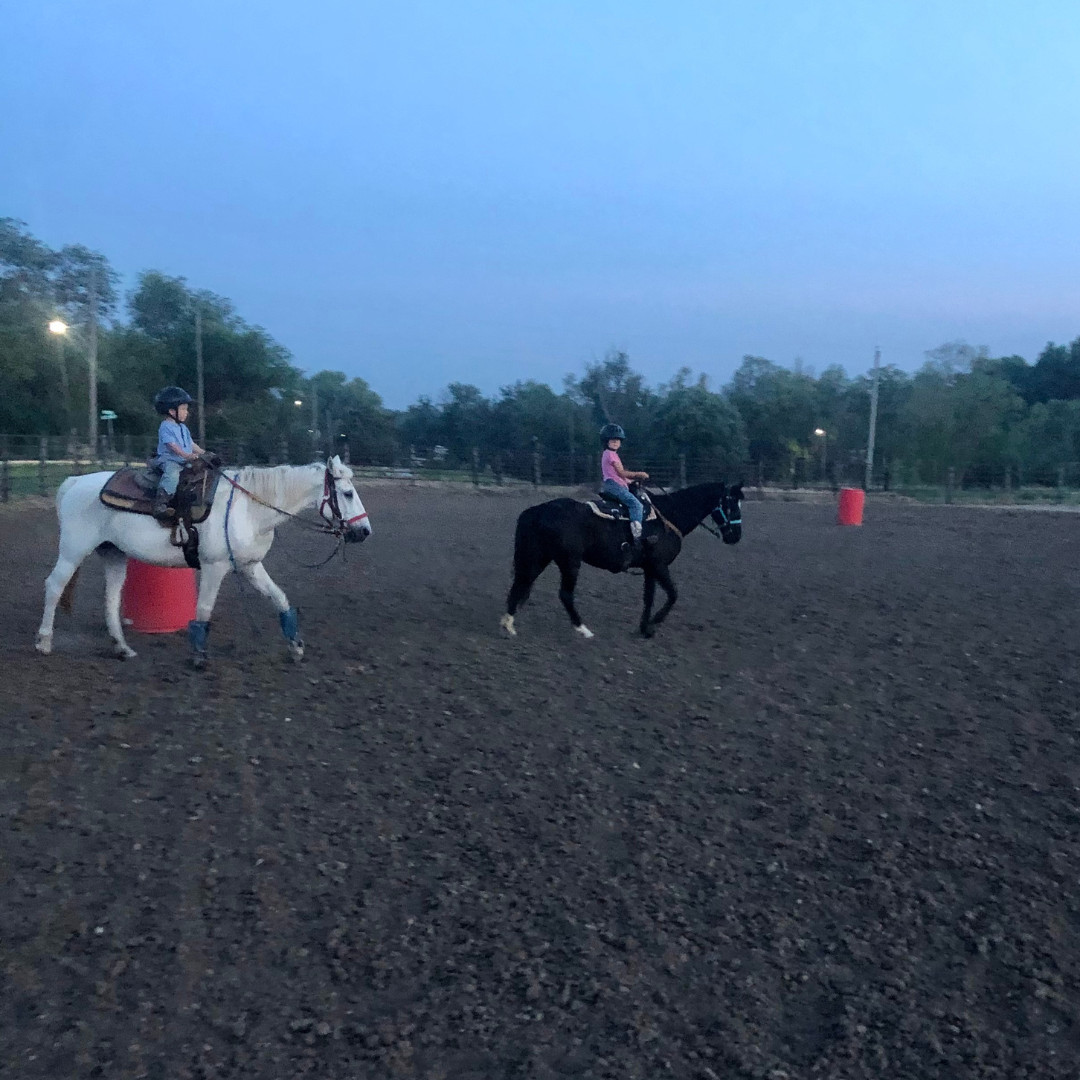
Join the FREE Community
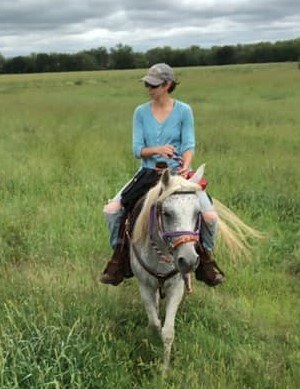
Join the FREE Community
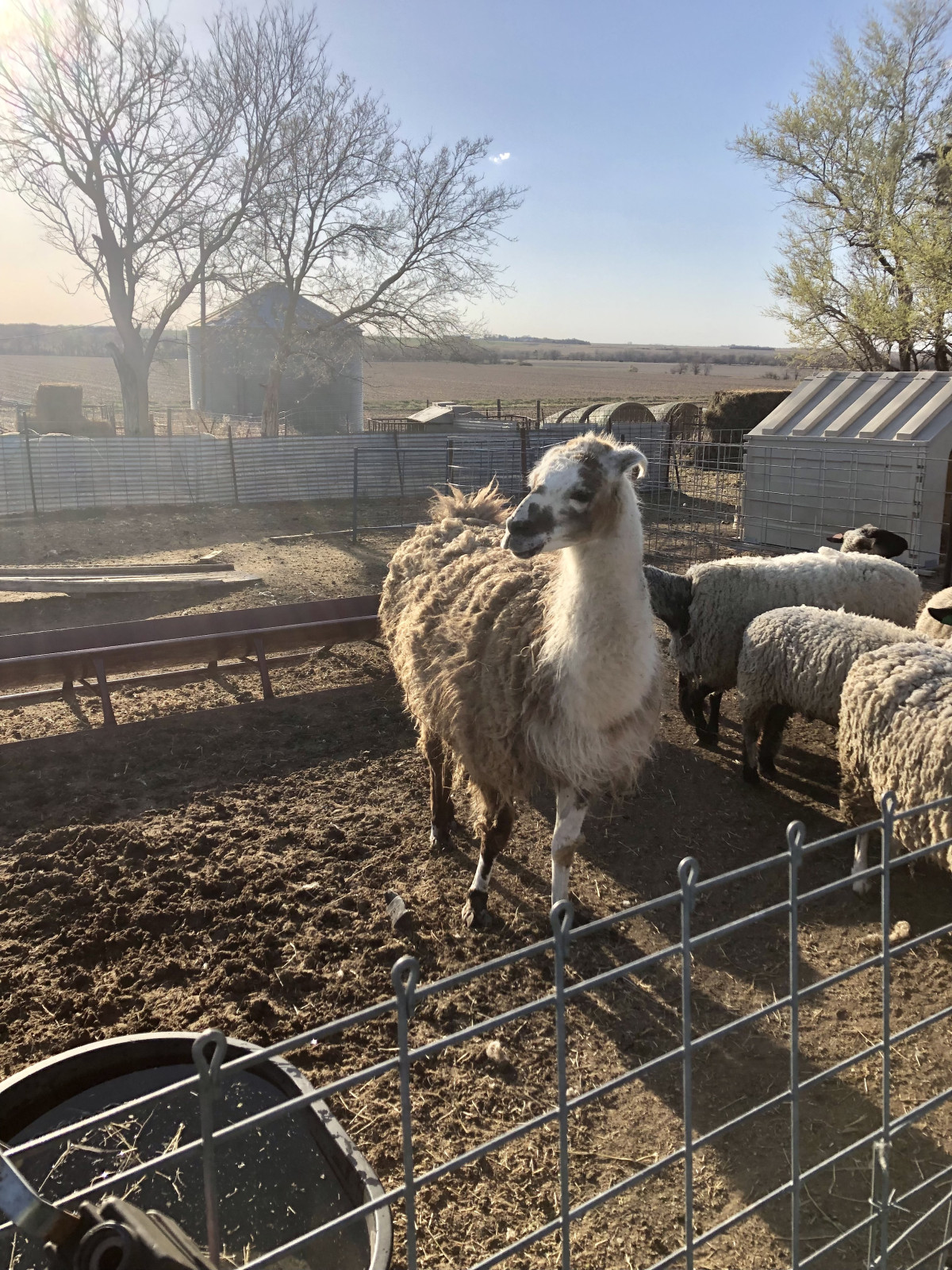
Join the FREE Community
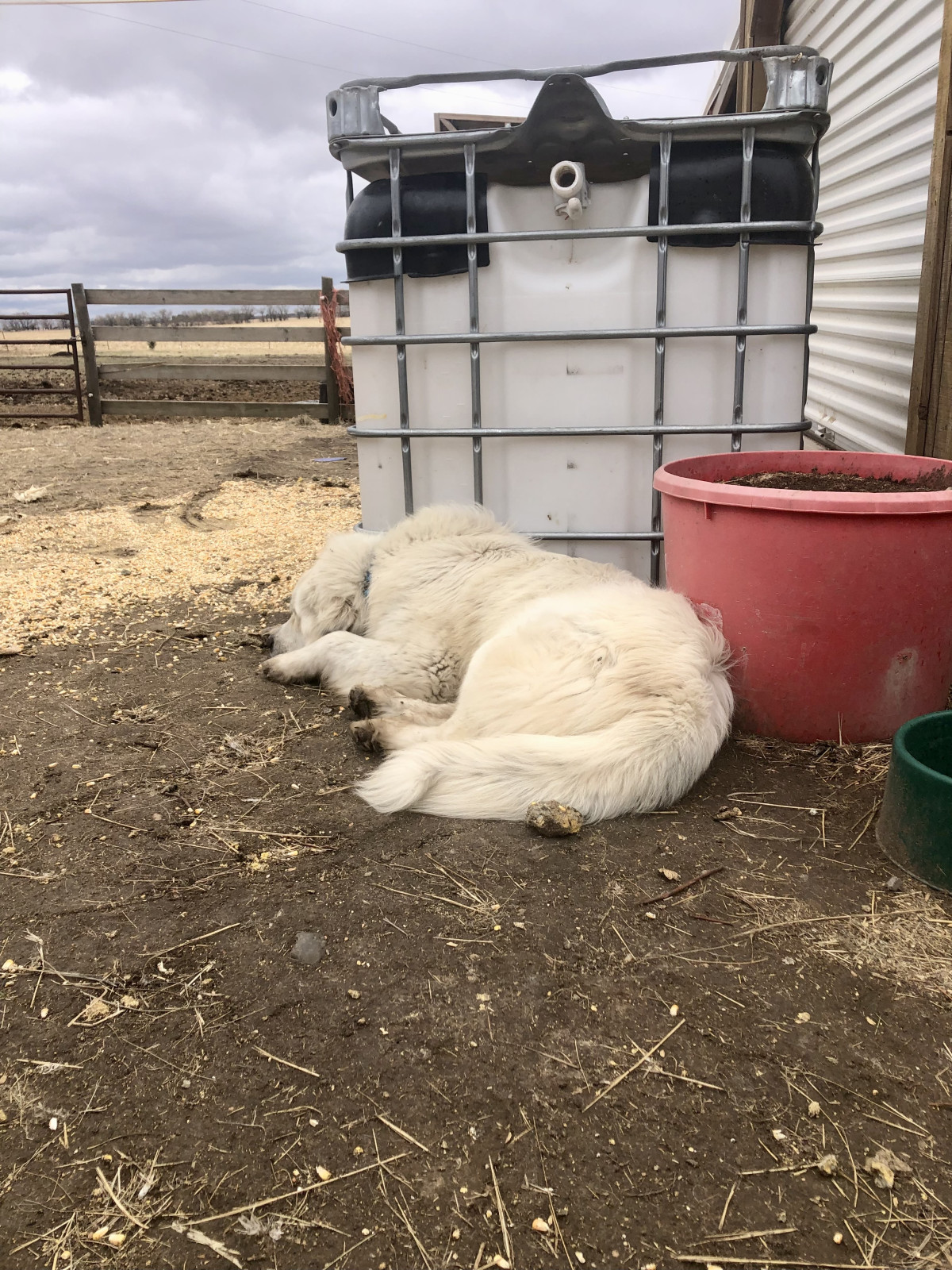
Join the FREE Community
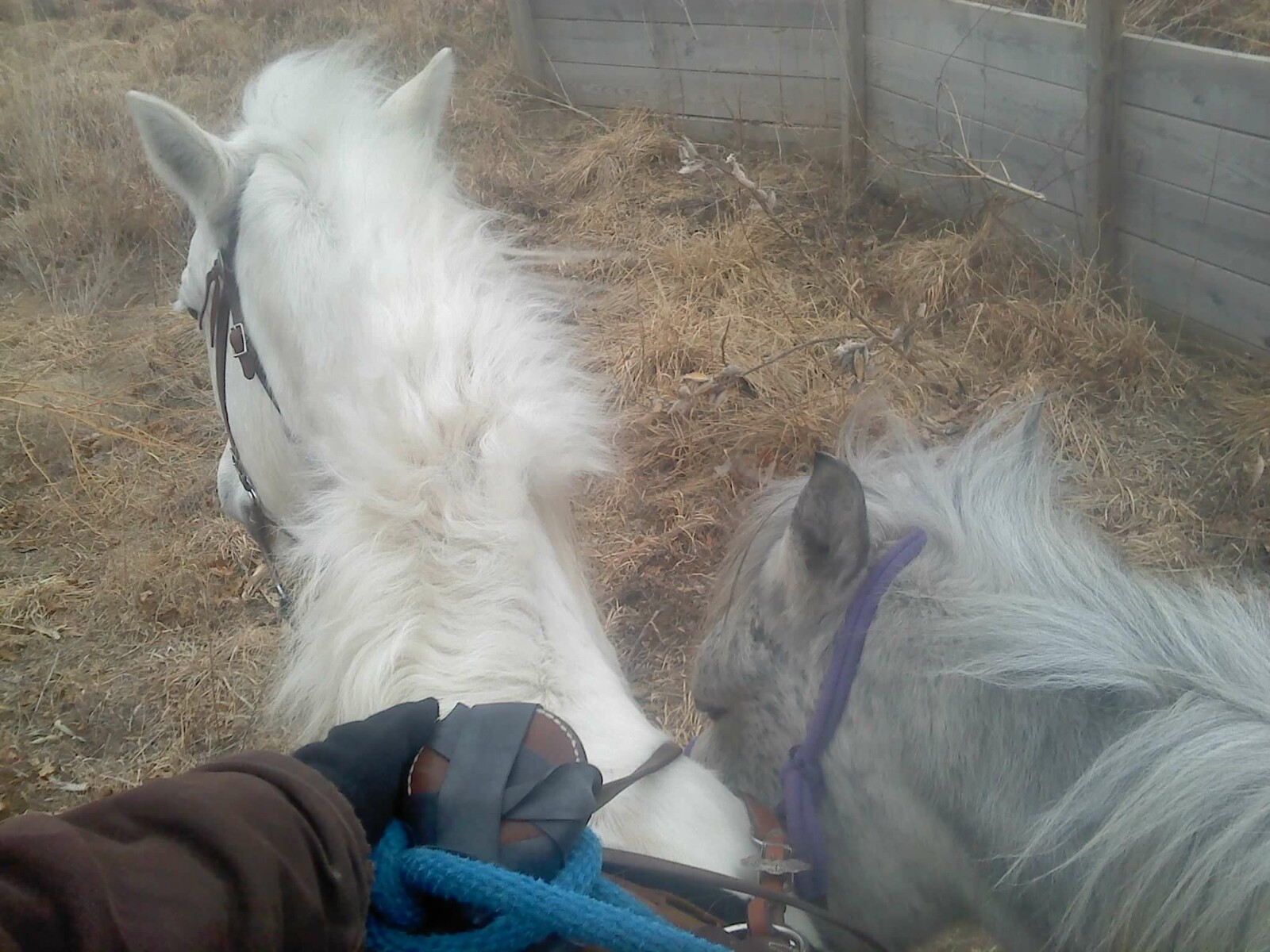
Join the Community
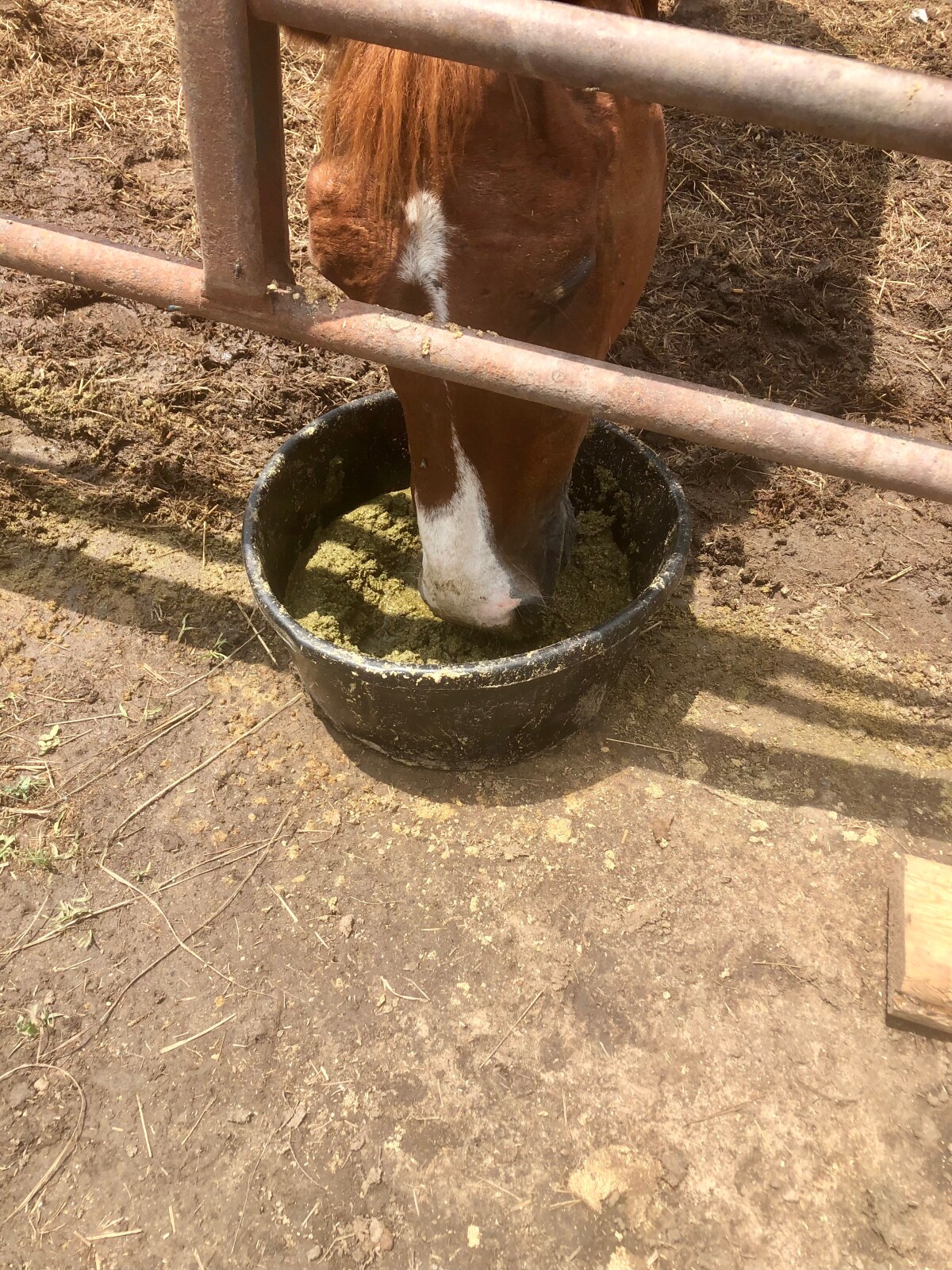
Join the Community
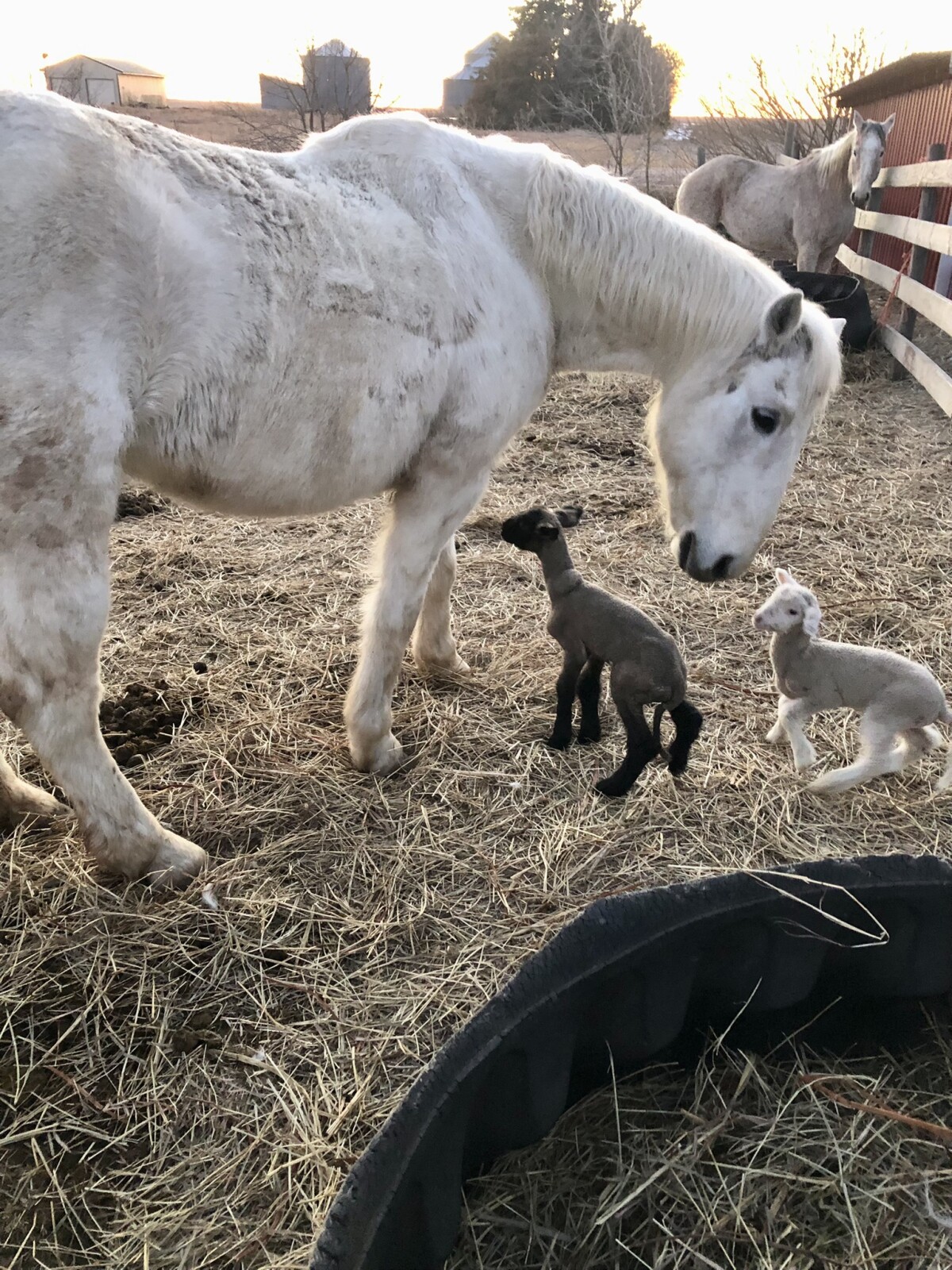
Join the FREE Community
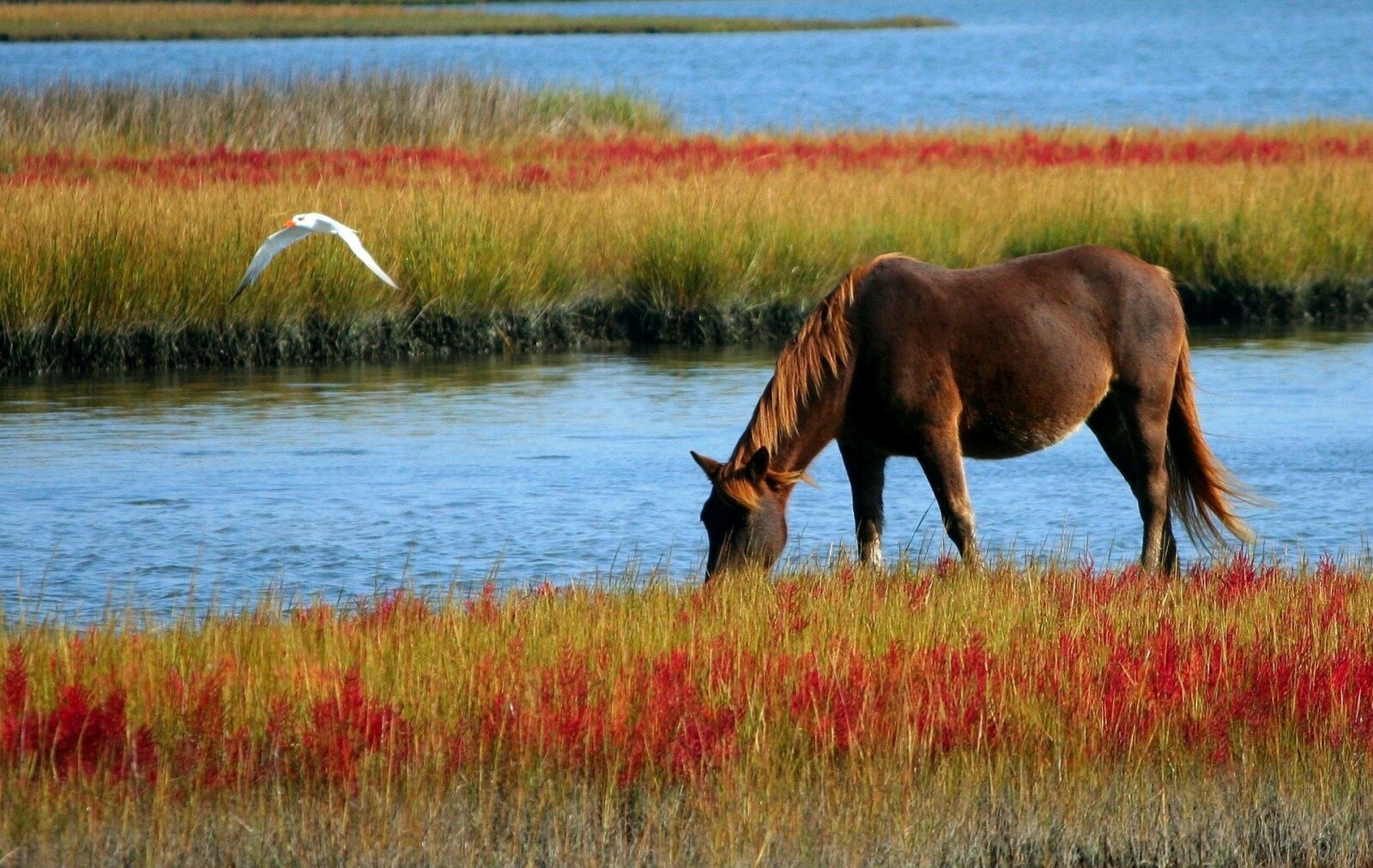
This post may contain affiliate links, which means that I may receive a commission if you make a purchase using these links, with NO additional cost to you.
There is something about old horses that is just too good. Maybe it is that they have seen most things and are unfazed by the noise and commotion of life. Or maybe that they have earned their living and are now peacefully enjoying retirement. But what makes them such great horses?!?
Old horses have usually had at least one carrier before they are considered too old and retire, but their life doesn’t stop there. They may have been a ranch horse working long days, or a rodeo horse used to all the noise. Maybe a professional show horse used to hauling and the arena. Maybe they were just the family trail horse who has seen more miles than could be counted.
It is an old horse's past experiences and work that make them so good, especially for beginner riders. They know most of what is up and will take care of their rider as the rider learns. This is the trait that makes them invaluable.
We’ve had two early 20s horses with our family for quite some time. The one showed his age very early. Hank, being an old ranch horse, not much physed him. My husband used him for a few years working and moving cattle, but his age caught up, and he could no longer keep up with cows that broke away. He retired to being the kids' horse. They are merely beginning to ride, but he would pack them along on the ride like it was nothing. You had better believe it was hard to say good-bye this summer when the time came.
The other has had a much easier work life. He has always been a family horse and mainly just trail rode. When I bought Mojo almost 10 years ago he already had a laid back personality, but what not the best trained. I worked with him and found that he wasn’t just laid back, but smart enough to play dumb to get out of work! I literally threw everything I could think of at him that might scare him and he quickly came to expect the weird and out of normal. Why did I do that? Because my vision for him was to be a therapy horse and I needed him bomb proof. He was the beloved mount for many special needs riders while I was teaching lessons. Now he’s my children's favorite.
See older horses may be set in their ways, but when they have good ground manners and experience, they are the perfect teacher for a novice rider.
Wanting a community to lean into? Join the FREE Courageous + Purposeful Mommas group! This community is for the Mommas, mommas to be, in the midst of raising, and kids grown, looking for tips on building your family up and providing for them through natural methods. Tips include: gardening, bulk buying, caning,/preserving, livestock, homesteading, and home remedies. Your family is precious, and this group is to help you gain the knowledge and tools to keep your family well and not reliant on outside professionals. Remedies and tips are easy and simple for the busy momma, time is precious after all, including pregnancy, birth, young kids, and illness. Trust your Momma gut again! This community offers the resources + community you need to help get started on your journey and prepare for whatever future you envision.
Click here to get the stories straight to your email:
For more on wellness tips click here:
For more on homesteading on your budget click here:
For more simple DIY updates click here:

